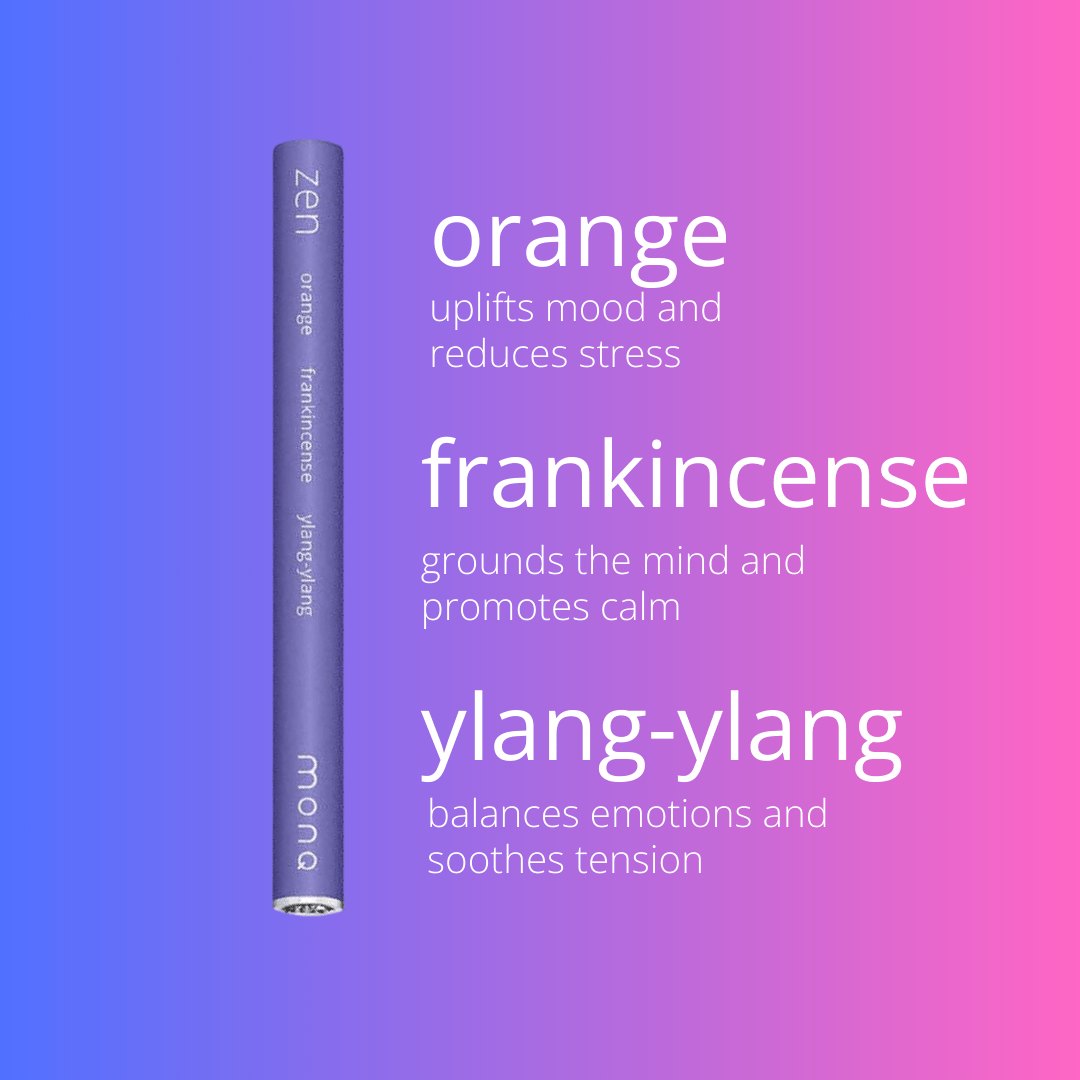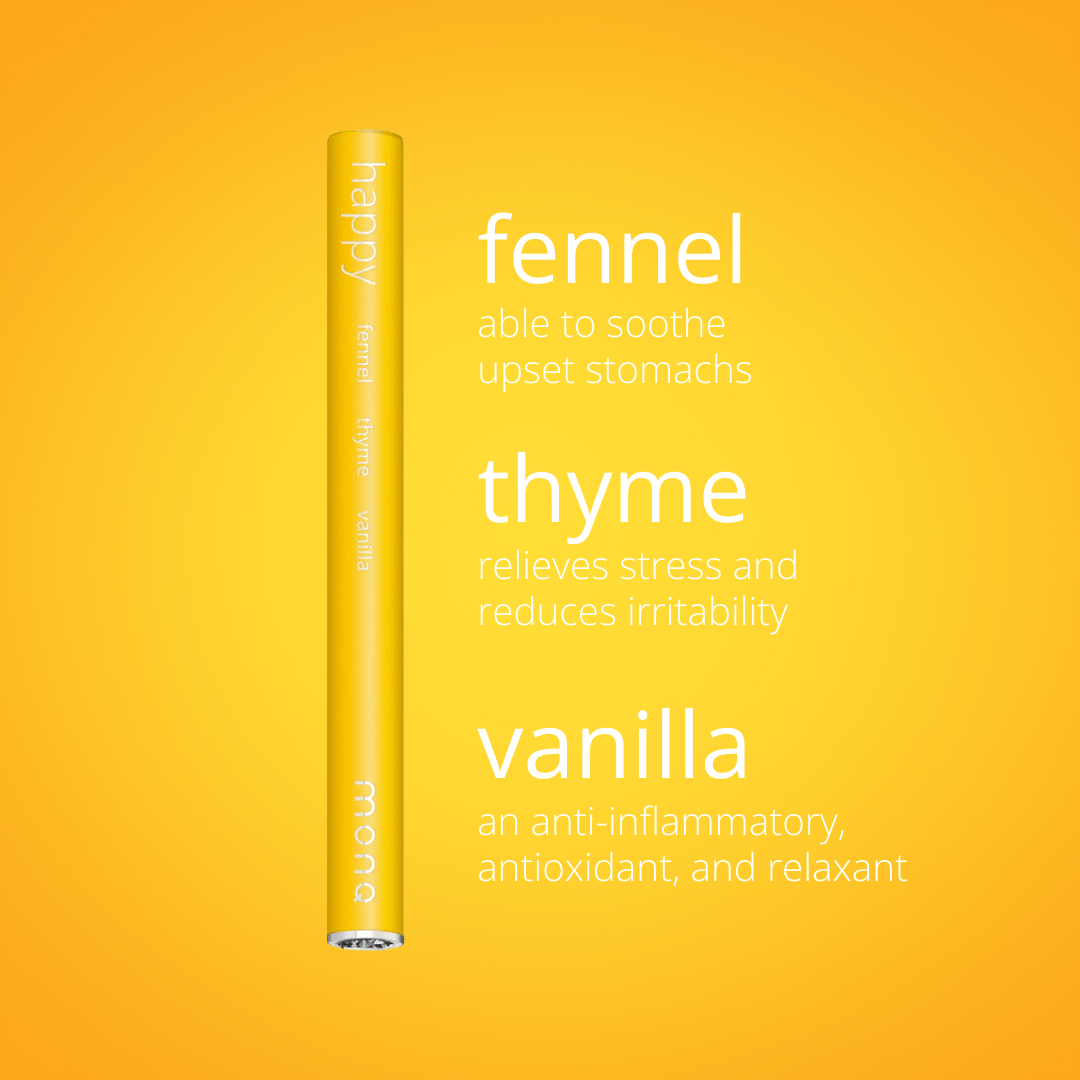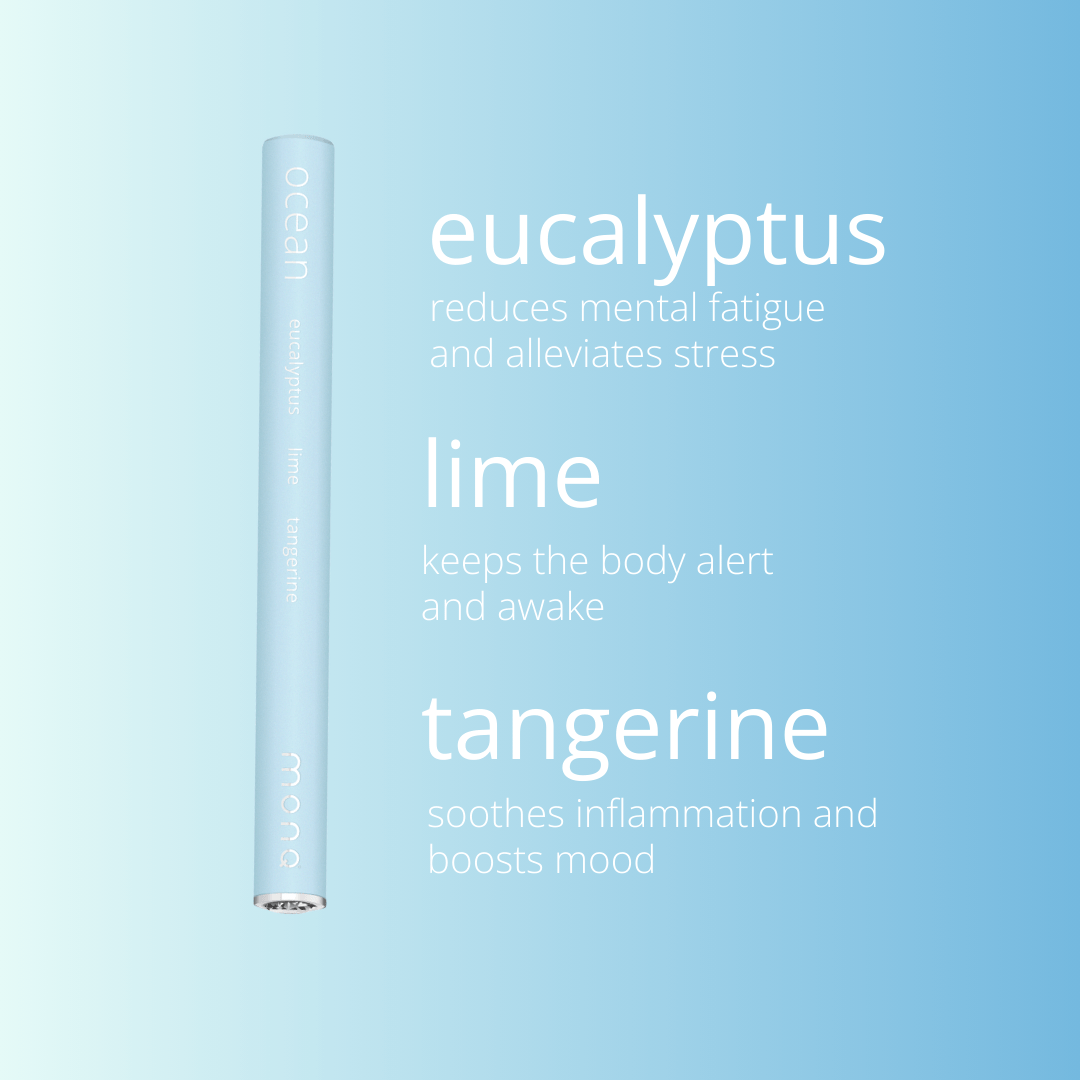Understanding Nicotine: Risks Exposed
In today's world, where smoking has been prevalent for centuries and vaping has surged in popularity, it's crucial to shine a light on the dangers of nicotine. Despite its widespread use and often glamorous portrayal in media, nicotine poses significant risks to our health and well-being.
Nicotine, a highly addictive substance found in tobacco products and e-cigarettes, impacts not only our physical health but also our mental and emotional states. One of the most insidious aspects of nicotine is its addictive nature. Once introduced to the body, it hijacks the brain's reward system, leading to cravings and dependency that can be incredibly challenging to overcome.
Beyond addiction, nicotine exerts a profound toll on our cardiovascular system. It constricts blood vessels, raises blood pressure, and increases heart rate, placing users at a higher risk of heart disease, stroke, and other cardiovascular ailments. Additionally, nicotine has been linked to respiratory issues, including lung damage and chronic obstructive pulmonary disease (COPD), further compromising our respiratory health.
Moreover, nicotine doesn't discriminate. Its harmful effects extend beyond the smoker to affect those exposed to secondhand smoke or vapor. Children, pregnant women, and individuals with underlying health conditions are particularly vulnerable, highlighting the far-reaching consequences of nicotine use.
In recent years, the rise of vaping has sparked new concerns about nicotine consumption, especially among young people. While marketed as a safer alternative to traditional smoking, vaping still delivers nicotine in high concentrations, raising concerns about its long-term impact on health.
As we navigate the complex landscape of nicotine use, education and awareness are paramount. By understanding the risks associated with nicotine, we empower ourselves to make informed choices and advocate for healthier lifestyles. Whether through smoking cessation programs, regulatory measures, or public health campaigns, it's essential to address the dangers of nicotine head-on and work towards a future where the harms of this addictive substance are minimized.
In conclusion, nicotine may be pervasive in our society, but its dangers should not be underestimated. From addiction and cardiovascular complications to respiratory issues and beyond, the impact of nicotine reverberates far and wide. By acknowledging these dangers and taking proactive steps to mitigate them, we can strive towards a healthier, nicotine-free future for ourselves and generations to come.








Leave a comment